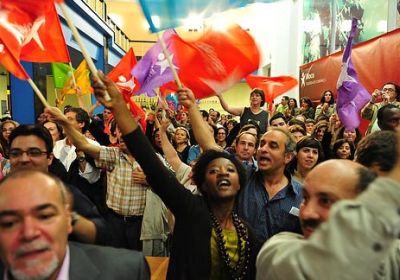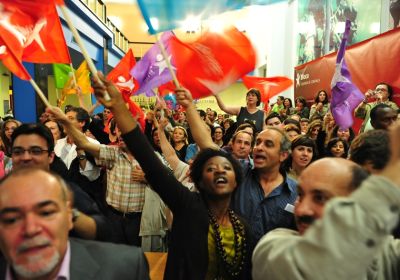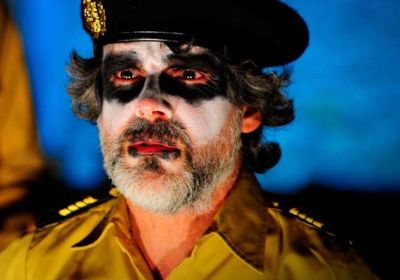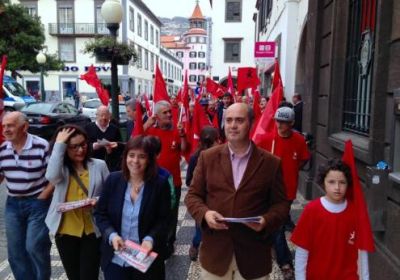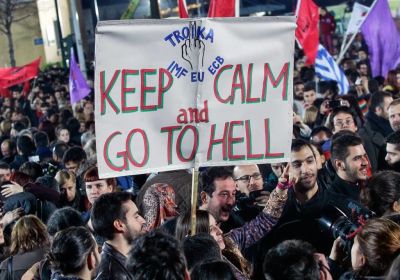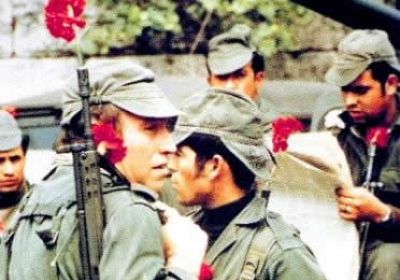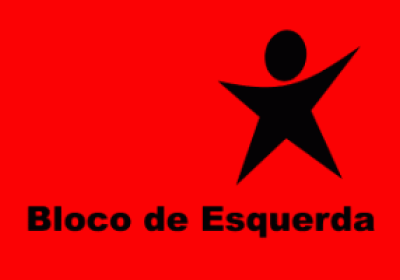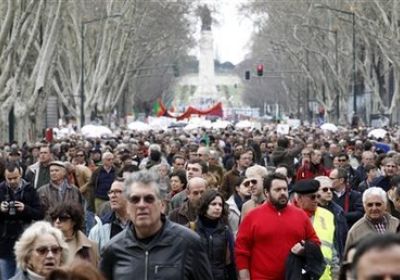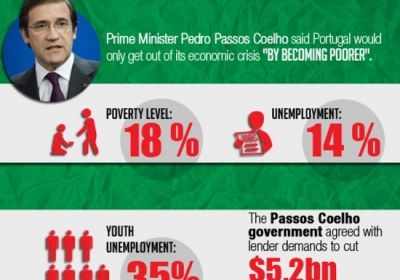
Portuguese President Anibal Cavaco Silva said he will not allow a coalition of left parties to form a government, despite the fact that they won an outright majority in October 4 parliamentary elections - on grounds it would "violate" existing commitments to the European Union.
